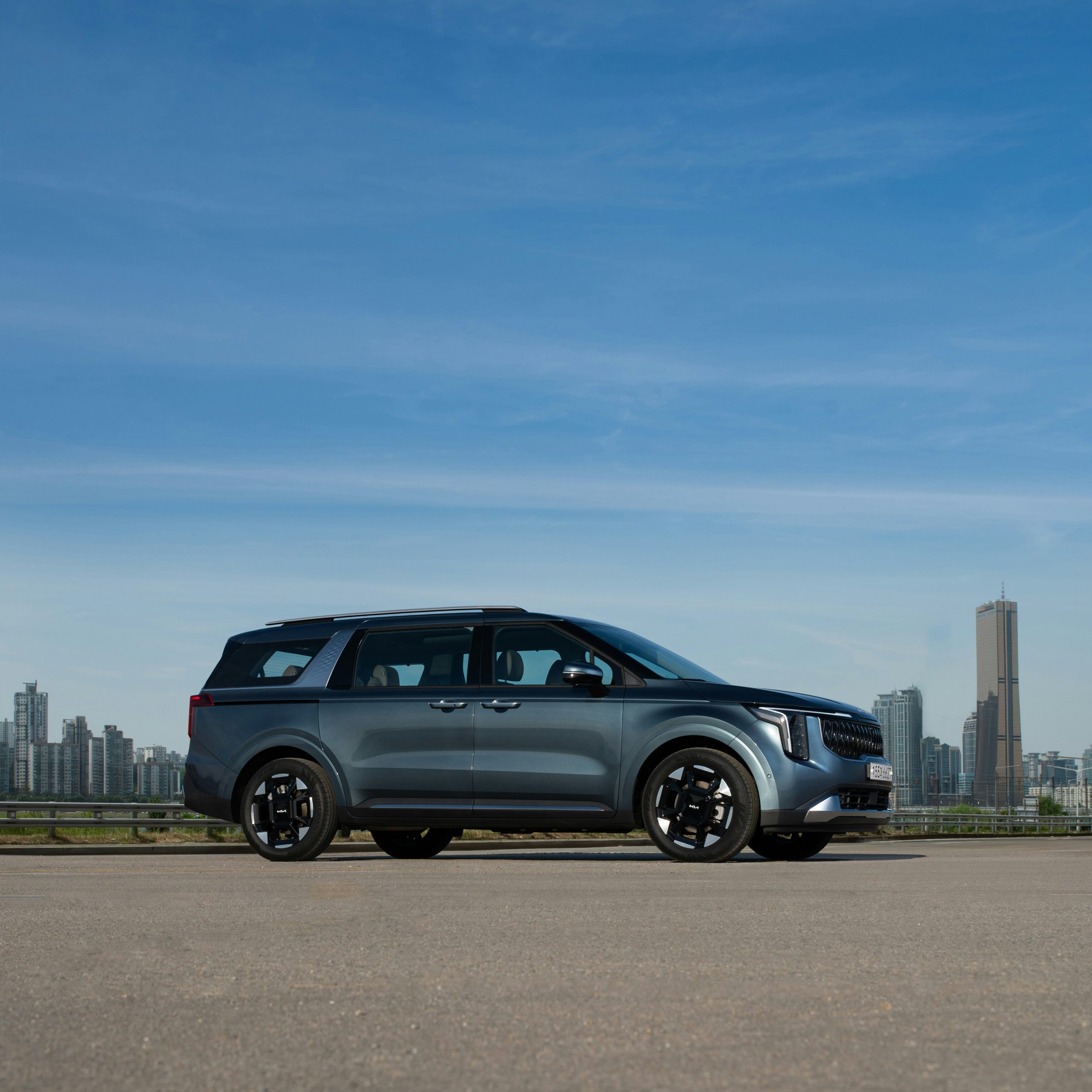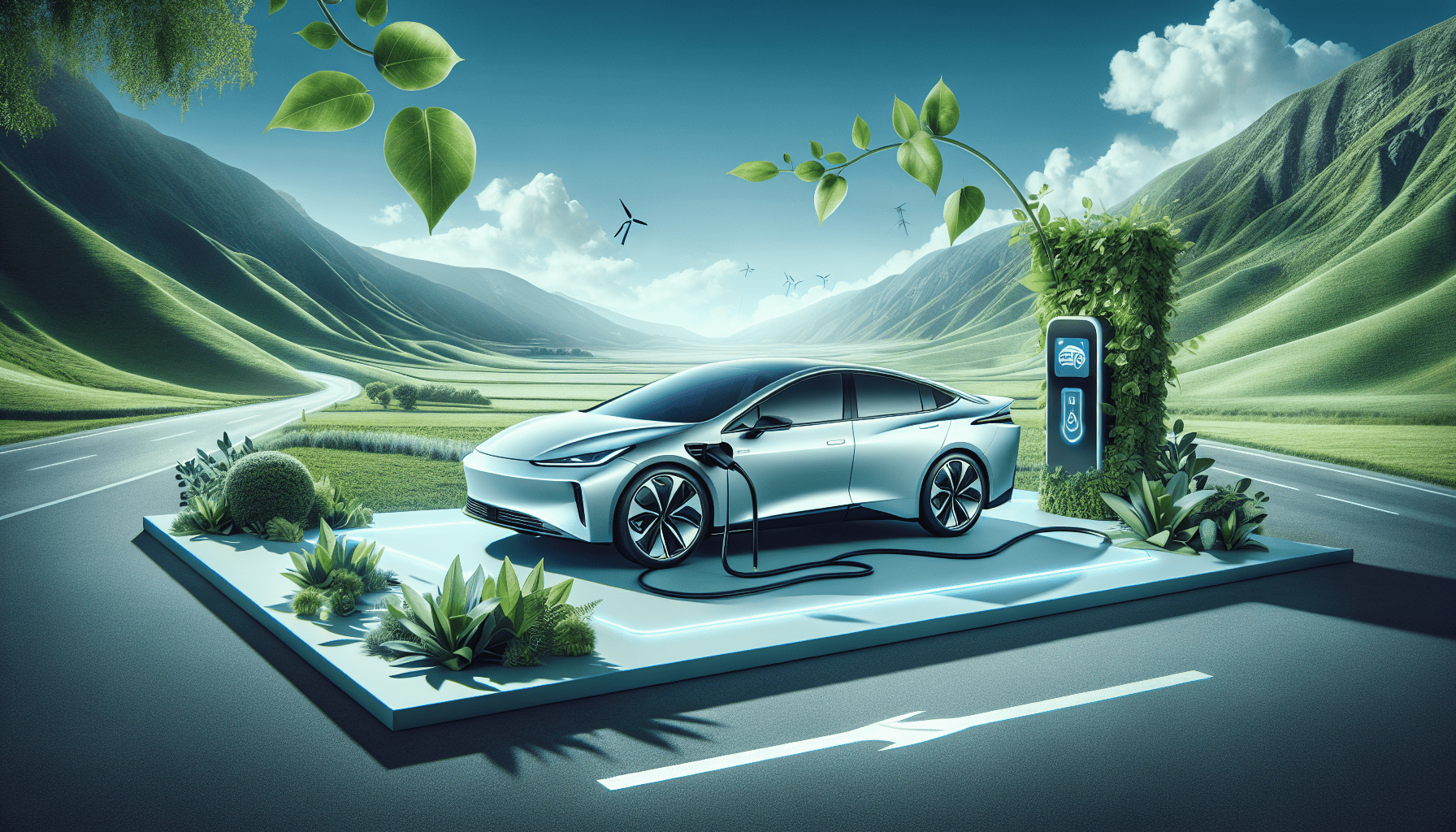In our exploration of the hybrid cars phenomenon, we’ve discovered both the advantages and disadvantages that come with this innovative technology. As we weigh the benefits of increased fuel efficiency and reduced environmental impact against the drawbacks of higher costs and maintenance complexities, it becomes clear that hybrid cars offer a compelling, if imperfect, solution. Join us as we delve into the details to help you make an informed decision about whether a hybrid vehicle is the right choice for your driving needs. Have you ever found yourself wondering about the pros and cons of hybrid cars? With the automotive industry rapidly evolving and the increasing focus on sustainability, hybrid cars have become an attractive option for many. Today, we’ll take a deep dive into the world of hybrid vehicles, exploring their advantages and disadvantages to help you make an informed decision.
What is a Hybrid Car?
A hybrid car is a vehicle that combines a traditional internal combustion engine (ICE) with an electric motor to deliver power to the wheels. By blending these two systems, hybrid cars aim to maximize fuel efficiency while minimizing emissions. They have become popular over the past few decades as awareness of environmental issues and the demand for more fuel-efficient vehicles have grown.
Types of Hybrid Cars
There are several types of hybrid cars, each with its unique characteristics and benefits:
- Full Hybrids: These can run on the electric motor alone, the combustion engine alone, or a combination of both. Examples include the Toyota Prius and Ford Fusion Hybrid.
- Mild Hybrids: These vehicles use an electric motor to assist the combustion engine but cannot run on electricity alone. Examples include the Honda Civic Hybrid and Chevrolet Malibu Hybrid.
- Plug-in Hybrids (PHEVs): These cars have larger batteries that can be charged via an external power source, allowing them to travel longer distances on electric power alone before switching to the engine. Examples include the Chevrolet Volt and Toyota Prius Prime.
How Do Hybrid Cars Work?
Hybrid cars work by seamlessly integrating the power from the electric motor and the combustion engine. When the vehicle is accelerating or climbing, both the electric motor and the engine may work together for extra power. During gentle acceleration and low-speed driving, like in traffic, the vehicle might rely solely on the electric motor to conserve fuel. When decelerating or braking, many hybrids use regenerative braking to recharge the battery by converting kinetic energy into electrical energy.

Pros of Hybrid Cars
Now that we understand what a hybrid car is and how it works, let’s explore the primary benefits.
Fuel Efficiency and Cost Savings
One of the most significant advantages of hybrid cars is their impressive fuel efficiency. By using both an electric motor and a combustion engine, hybrids can cover more distance on less fuel. This translates to cost savings at the gas pump, especially useful given the fluctuating prices of gasoline.
Example Table: Fuel Efficiency Comparison (Miles Per Gallon)
| Vehicle Type | City MPG | Highway MPG | Combined MPG |
|---|---|---|---|
| Standard Gasoline | 25 | 32 | 28 |
| Mild Hybrid | 35 | 40 | 38 |
| Full Hybrid | 50 | 54 | 52 |
| Plug-In Hybrid (PHEV) | 30 (Electric Range 25 miles) | 50+ (Post Electric Range) | 60+ (Combined Electric+Gas) |
Environmental Impact
Hybrid cars significantly reduce greenhouse gas emissions compared to traditional gasoline-powered vehicles. Since they rely less on fossil fuels and more on electric power, hybrids emit fewer pollutants, helping to combat air pollution and climate change.
Quieter Operation
Hybrid vehicles tend to operate more quietly, especially at lower speeds or when using the electric motor. This can lead to a more pleasant driving experience, reducing noise pollution in urban areas.
Government Incentives
Many governments around the world offer incentives to encourage the adoption of hybrid and electric vehicles. These incentives can include tax credits, rebates, reduced registration fees, and even access to carpool lanes.
Reduced Maintenance Costs
The dual powertrain of hybrid cars can lead to reduced wear and tear on the engine, which may result in lower maintenance costs over time. The regenerative braking system also helps in extending the life of braking components.

Cons of Hybrid Cars
While there are many benefits to owning a hybrid car, it’s essential also to consider the potential downsides to get a balanced view.
Higher Purchase Price
One of the most notable drawbacks of hybrid cars is their higher initial purchase price compared to traditional gasoline vehicles. The advanced technology and components, such as batteries and electric motors, contribute to this increased cost.
Battery Replacement Costs
Hybrid cars rely on large batteries, which can be expensive to replace. Although these batteries are designed to last for many years, they will eventually degrade, leading to a costly replacement. However, many manufacturers offer extended warranties on these batteries to alleviate this concern.
Example Table: Estimated Hybrid Battery Replacement Costs
| Vehicle Model | Battery Replacement Cost ($USD) |
|---|---|
| Toyota Prius | 2,500 – 3,000 |
| Honda Insight | 1,500 – 2,000 |
| Ford Fusion Hybrid | 5,000 – 6,000 |
| Chevrolet Volt (PHEV) | 3,000 – 4,000 |
Complex Technology
Hybrid cars come equipped with complex technology that mixes internal combustion engines with electric motors, requiring specialized knowledge for repairs and maintenance. This can potentially lead to higher repair costs if something goes wrong.
Limited Electric Range
For plug-in hybrids, the electric-only range is often limited and might not be sufficient for long drives without needing to switch to the gasoline engine. This can be a concern for those who wish to use the electric motor as much as possible to minimize fuel consumption.
Cargo and Passenger Space
The need to accommodate dual powertrains and batteries can sometimes result in reduced cargo and passenger space compared to their gasoline counterparts. This could be a consideration for families or those needing more storage.

Evaluating Hybrid Cars for Your Needs
The decision to choose a hybrid car should be based on your specific driving patterns, priorities, and long-term goals. Here are some factors to help you decide if a hybrid car is right for you:
Daily Commute
If you have a long daily commute, a hybrid car could save you a significant amount of money on fuel over time. Additionally, the ability to use carpool lanes (available in some areas for hybrid cars) might help you reach your destination faster.
Environmental Concerns
For those who are environmentally conscious, reducing your carbon footprint with a hybrid car can be a significant motivator. Lower emissions contribute to cleaner air and a healthier planet, which aligns with efforts to mitigate climate change.
Financial Incentives
Take advantage of any financial incentives offered by your local or federal government. These can help offset the higher purchase price and improve the overall cost-effectiveness of owning a hybrid vehicle.
Driving Style
Analyze your typical driving conditions. Hybrids perform exceptionally well in city driving with frequent stops and starts, where regenerative braking and the electric motor can be utilized effectively. However, if you mostly drive on highways at constant speeds, some of the hybrid benefits might not be as prominent.
Future Resale Value
Consider the future resale value of your hybrid vehicle. Some hybrids hold their value well due to ongoing demand for fuel-efficient cars, while others might depreciate faster because of the high cost of potential battery replacements.

Conclusion
In summary, hybrid cars offer numerous benefits, including fuel efficiency, lower environmental impact, quieter operation, government incentives, and potentially reduced maintenance costs. However, there are also drawbacks to consider, such as higher initial purchase prices, expensive battery replacement costs, complex technology, limited electric range, and potentially reduced cargo and passenger space.
Ultimately, whether a hybrid car is right for you depends on your individual circumstances, priorities, and driving habits. By weighing the pros and cons, you can make an informed decision that aligns with your needs and values. As hybrid technology continues to improve, we anticipate even more advancements in efficiency and affordability, making these vehicles an increasingly attractive option for a diverse range of drivers.
Thank you for taking this journey with us through the world of hybrid cars! We hope this comprehensive guide has provided you with the insights needed to navigate this essential automotive topic effectively.



